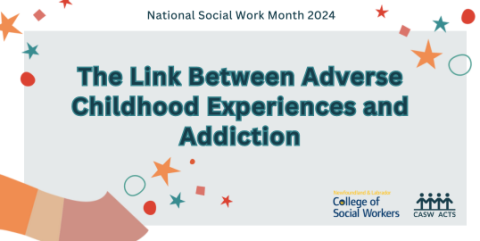
Paula Delahunty BSW, RSW
Paula Delahunty is the Addictions Coordinator (Urban) Mental Health and Addiction Services, Addictions Prevention and Mental Health Promotion with NL Health Services. Paula is a graduate of the Bachelor of Social Work Program at Memorial University of Newfoundland and is currently registered within the profession. She holds a Bachelor of Arts and a Criminology Certificate from Memorial University and a Diploma in Clinical Counselling for Addictions. Paula has worked in the field of Addictions both directly and indirectly for approximately 25 years. Over her career in the field, she has worked with individuals, groups, families and couples and communities impacted by substance use harms and other behavioral adaptations. As part of her role as Addictions Coordinator, she has worked with individuals and families affected by Fetal Alcohol Spectrum Disorder and co-facilitated the FASD Family and Caregiver Support group for more than a decade, as well as chaired the Regional FASD committee for 12 years.
